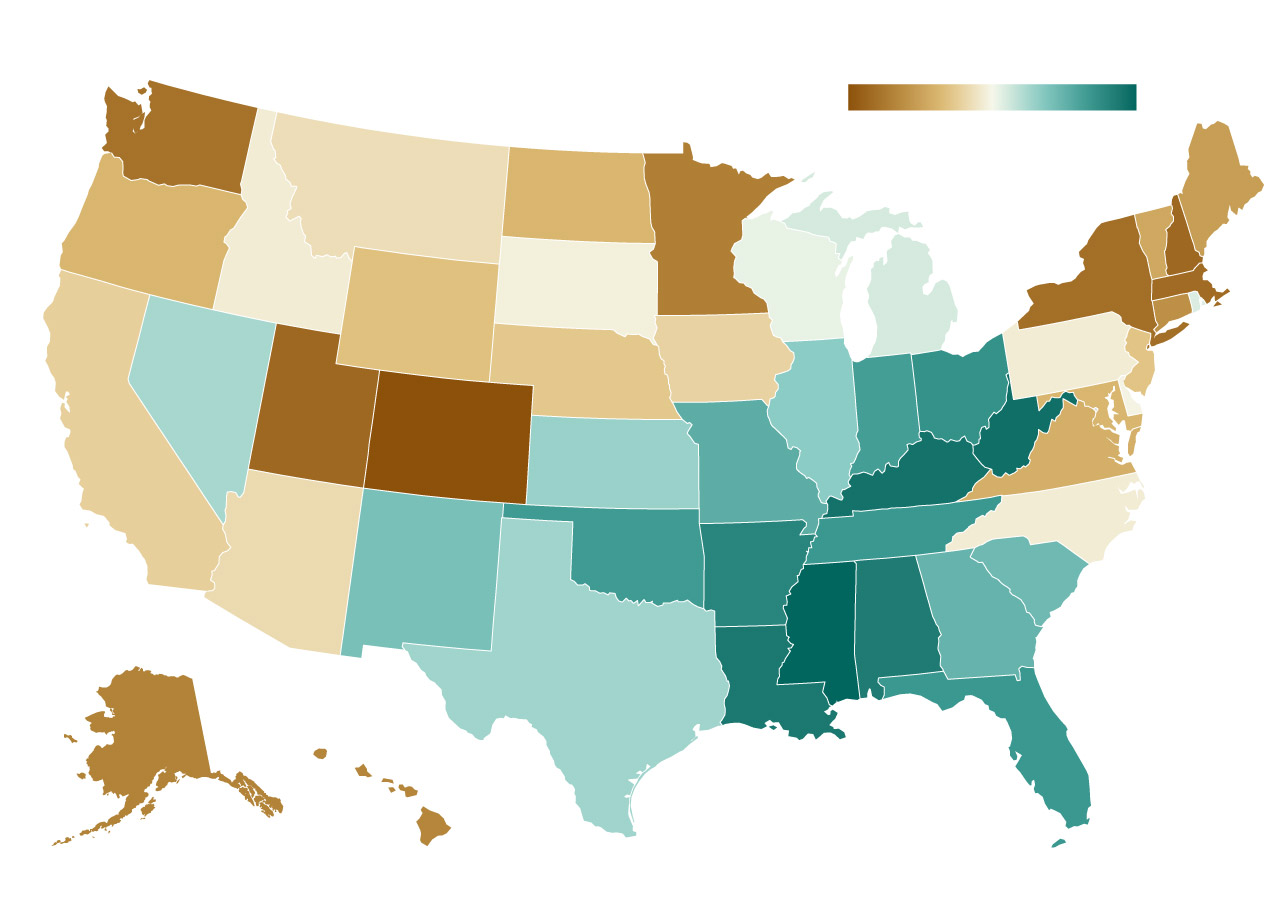Supporters say it’s needed to address staffing shortages, while critics argue it threatens local control.
The bill, sponsored by Sen. Will Barfoot (R-Pike Road), would allow the Alabama Law Enforcement Agency
to step in if class C municipalities fail to meet minimum police
staffing levels. That would apply to Montgomery and Huntsville.
“The Montgomery Police Department, the men and women that serve there
do an awesome job buy and large, and I’m grateful that they are there,”
Barfoot told Action 8 News. “But it makes it a lot more difficult for
them to combat crime and do what they’re supposed to do if they’re at a
staffing level that is less than what they need to be at.”
Montgomery has a population of just over 200,000 people, according to
2020 census. Barfoot says the city needs two officers per 1,000 people
to police effectively.
“400 is the minimum that Montgomery needs for these police officers
to be effective in their job. That’s not a random number. It wasn’t just
picked from the air, that’s from the City of Montgomery Police
Department’s former interim police chief,” Barfoot said.
The Montgomery Police Department has not publicly released its
current staffing numbers, citing safety concerns. Barfoot says credible
sources tell him the department has between 220 and 230 officers — about
40% fewer than the recommended minimum.
According to the bill, Montgomery would be required to increase its
net number of officers by 10% each year. If the city fails to meet those
benchmarks over a five-year period, ALEA could step in, develop an
operational plan and contract with other law enforcement agencies to
help patrol the city.
Barfoot said the city would have to reimburse the state or other
agencies for the expenses they incur in helping the police department.
He says the city already budgets for enough officers and would not
need to raise taxes to comply with the requirements of the bill.
But Montgomery Mayor Steven Reed strongly opposes the bill. In a
statement, Reed says recruiting and retaining officers is a challenge
nationwide.
“Recruiting and retaining law enforcement officers is a challenge
facing cities across Alabama and the nation. SB 298 imposes a
one-size-fits-all staffing mandate and authorizes state operational
control if that threshold is not met. That is a significant change to
how public safety is governed at the local level, and we have serious
concerns about its impact on municipal accountability,” Reed said.
Barfoot says the state has the authority and responsibility to intervene.
“All municipalities, the 400 and some odd municipalities throughout
the state, are creations of the state legislature, and so we have the
ability, authority and obligation to make sure the people we represent
are safe to the best of our ability,” Barfoot said.
He praised the Metro Area Crime Suppression unit (MACS) for helping
lower crime in Montgomery, but says it’s not a long-term fix. MACS is
made up of various agencies who pitch in to help patrol Montgomery and
make arrests.
“The state taxpayers from other areas of the state are probably not
going to, as far as their representatives and senators, not going to
want to continue to fund something that is specifically for a certain
area,” he said.
The bill passed the County and Municipal Government Committee earlier
this week. Barfoot expects it to come up for debate on the Senate floor
next week.



%20-%20Copy.JPG)









